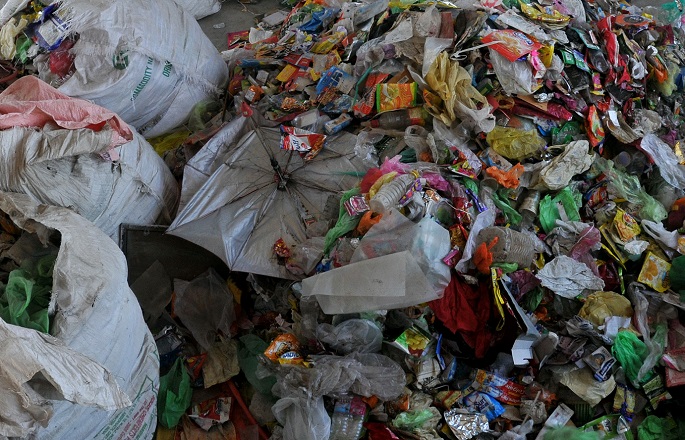Norway, Russia cooperate to prevent plastic waste in Barents Sea
Published : 21 Feb 2019, 04:12
The government of Norway said Wednesday that the country will join forces with Russia to combat plastic waste in the Barents Sea.
The two countries will share experiences and increase knowledge about the sources of waste and microplastic, the amounts it constitutes and possible measures, the Norwegian Ministry of Climate and Environment said in a statement.
Norwegian Minister of Climate and Environment Ola Elvestuen and Russian Minister of Natural Resources and Environment Dmitry Kobylkin met at the Norwegian-Russian Environmental Protection Commission in Moscow on Tuesday to discuss the necessary steps in cooperation.
"Norway attaches great importance to protecting the environment in the Barents Sea. Russia is one of our most important partners in this work," Elvestuen was quoted as saying.
"We have a long experience in collaborating on comprehensive marine management and management of the fishery resources in the Barents Sea. Therefore, it is very good that our two countries now undertake a joint effort against plastic waste in this sea area," he said.
Increased knowledge will make it possible to find effective measures to stop waste, Elvestuen said.
The Norwegian government allocated annual amount of 5 million kroner (583,000 U.S. dollars) for three years for this project.
"It is important that the research, the fisheries sector, the waste industry and voluntary forces help in solving this problem. That is why parts of the money serve as project funds for external organizations," Elvestuen said, emphasizing the increased importance of integrated marine management, due to increased shipping, fisheries and other activities in the sea areas.
Climate change leads to dramatic changes in ecosystems and sea waste is a rapidly increasing threat to human food, minister said.
It is important to arrange the cooperation so that Norway and Russia can make valuable contributions to the international measures against marine waste both within the Arctic Council and through the UN Environment Assembly UNEA, he said.


